


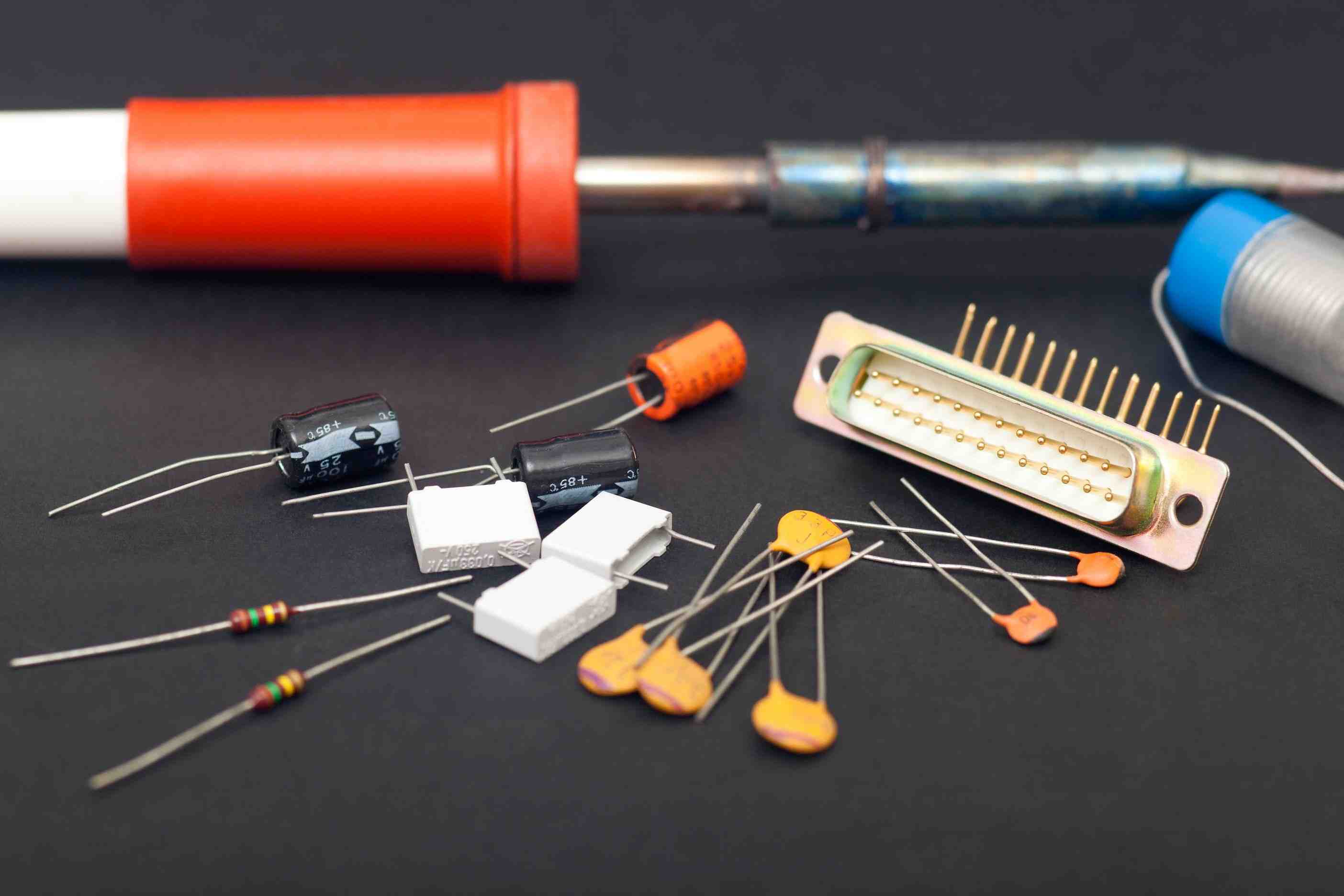

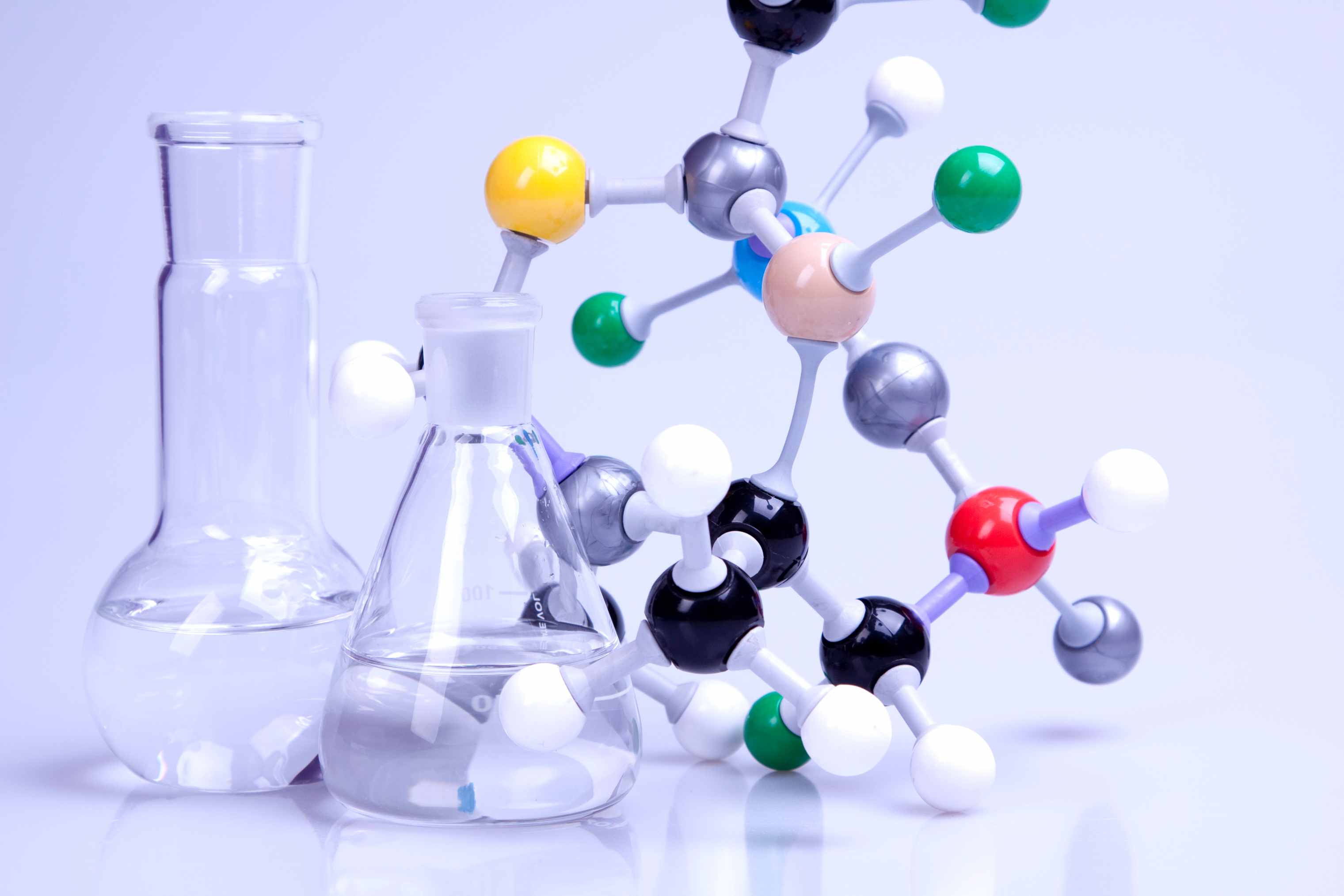
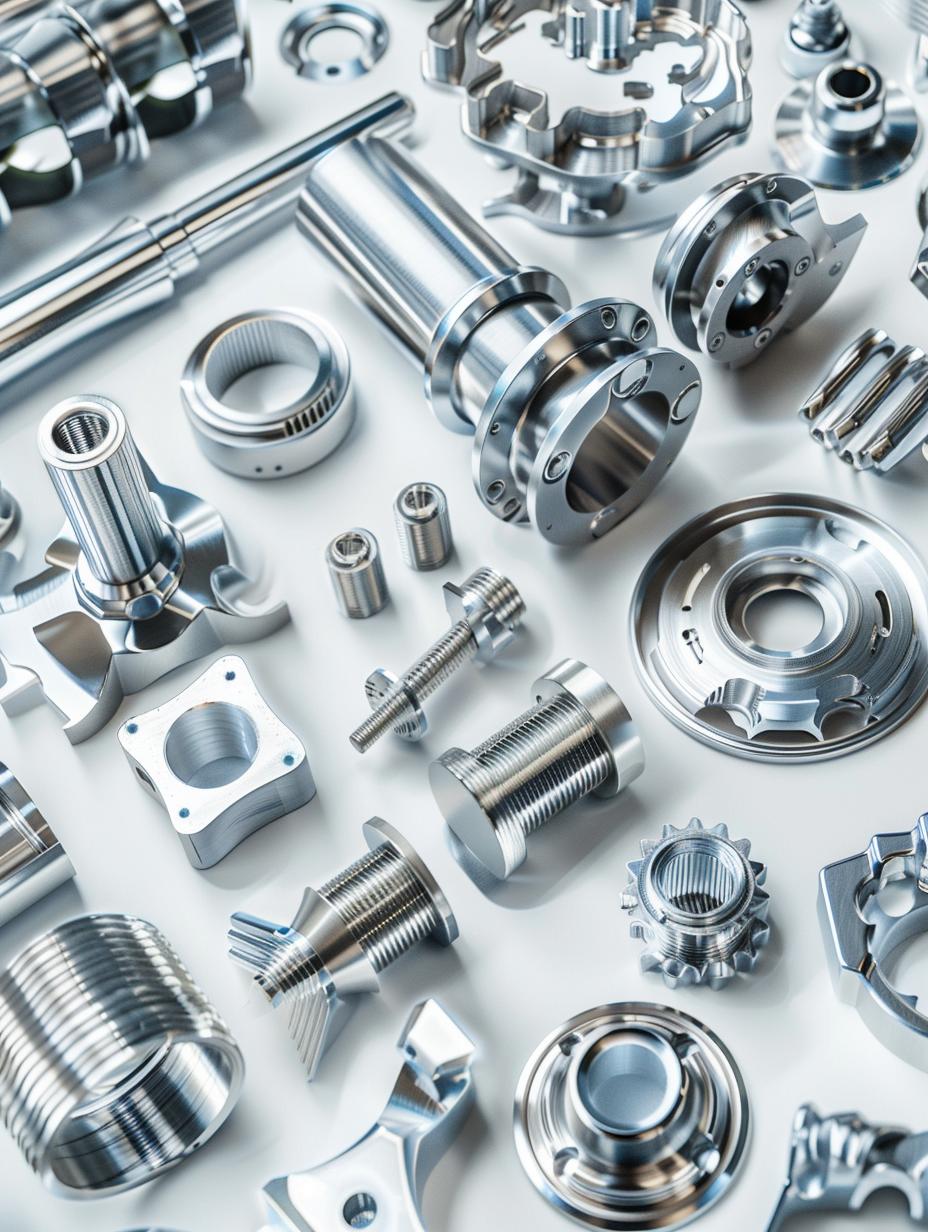














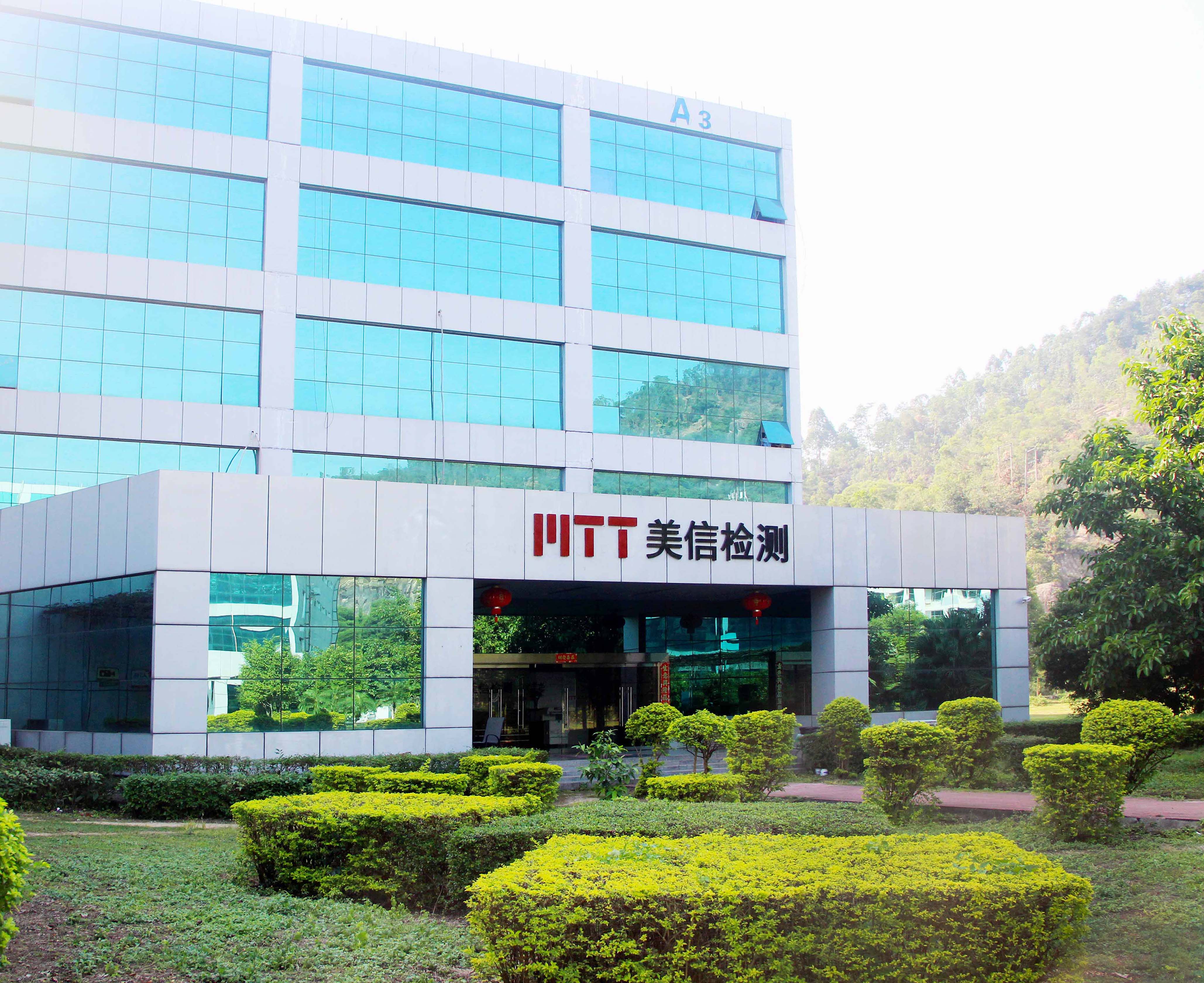







ELV detection identifies specific prohibited substances in automotive parts and materials, including lead, cadmium, mercury, hexavalent chromium, polybrominated biphenyls, and polybrominated diphenyl ethers.
MTT provides professional testing services for prohibited substances in automobiles, ensuring that products comply with the environmental and health standards of the EU ELV Directive and the Chinese Automotive Directive, and helping the automotive industry achieve green development.
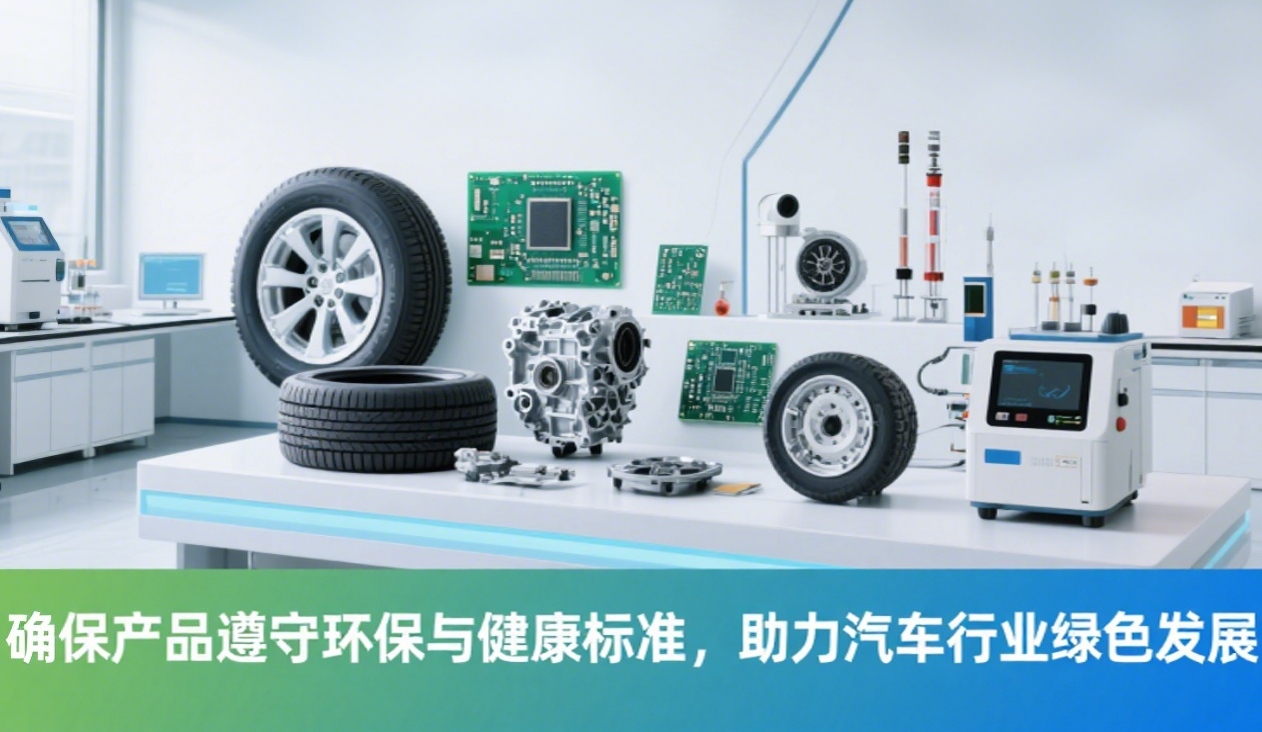
| Project Overview
Detect and identify specific restricted substances in automotive parts and materials, including lead, cadmium, mercury, hexavalent chromium, polybrominated biphenyls (PBBs) and polybrominated diphenyl ethers (PBDEs). Ensure that products comply with the environmental protection and health standards of the EU ELV Directive and Chinese automotive directives, and help the automotive industry achieve green development.
| Test Objective
1. Ensure that automotive products meet the requirements of the EU ELV Directive and the automotive regulations and standards of relevant countries and regions, and reduce environmental risks.
2. Provide a basis for quality control for automotive manufacturers and enhance product competitiveness.
3. Promote the sustainable development of the automotive industry and drive green manufacturing.
| Test Standard
1. EU Directive 2000/53/EC (ELV Directive)
2. GB/T 30512 Requirements for prohibited substances on automobiles
| Service Products / Fields
Complete automobiles, automotive parts (such as interiors, seats, dashboards, etc.), automotive materials (such as plastics, metals, rubber, etc.), new energy vehicles and battery components, and the automotive manufacturing and maintenance industries.
| Project Advantages
1. Professional Team: Equipped with a number of highly experienced testing engineers and technical experts.
2. Advanced Equipment: Equipped with internationally leading testing instruments to ensure accuracy and reliability of results.
3. Efficient Services: Rapidly responding to customer needs and providing one-stop testing services.
4. Authoritative Certification: The laboratory is certified by ISO/IEC 17025, ensuring that test reports have international credibility.